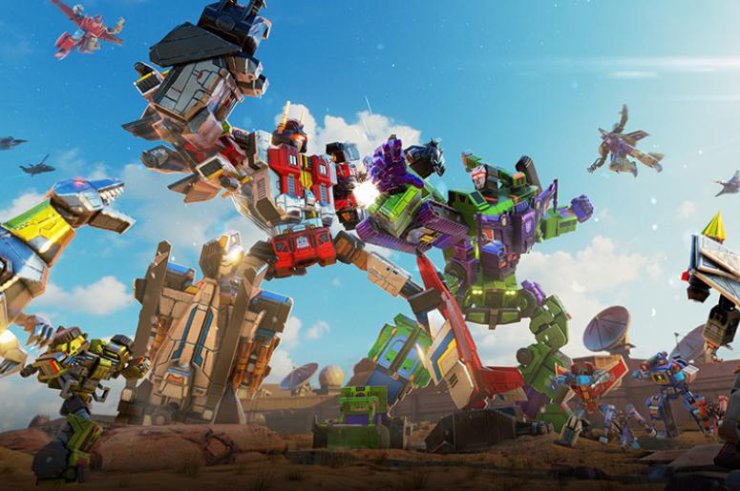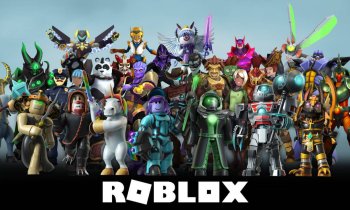In the past few days, the Game Connect Asia-Pacific conference was held. The majority of the conference is developers who arrive to share their wisdom. Some share their monetization strategies as almost every Aussie developer is small studios developing titles playing for free or mobile platform and paying rent after a working day.

Therefore, making a profit, what games need what strategies, and what parts in the design process that should be factored in are main topics for some talks. Dylan Bevis and Henry Fong, the co-founder of Featherweight Games and the CEO of the mobile developer and publisher Yodo1 respectively, discussed the way monetization process needed to be considered in games that pay nothing to play, starting from the stage of designing, not factoring in it afterward.
However, the main part of this process is to understand the game’s audience as well as what they will probably pay for. According to Fong, the “whales”, or the users spending the highest amounts, are likely to throw a few hundred in Rodeo Stampede, a fun runner game with more than 100M downloads. However, there is one player spent approximately $150,000 on Yodo1’s game called Transformers: Earth Wars.

After the talk in Game Connect Asia-Pacific, Fong was asked to clarify the statistic or if it was only a prediction for the highest spenders of a mobile game. He then confirmed that more than $150,000 was spent by one player in the game.
It is quite easy to see that the regulators are paying attention to this since the outrage and concern over microtransactions have already been given, such as a player of Runescape who threw $62,000 in purchasing items in the game. Last week, the authors of the Entertainment and Media Outlook shared with the games market in Australia that the attention of regulators on microtransactions as well as loot boxes was going to intensify.
That is especially the situation when the number of AI tools incorporated into the mobile industry increase. One more element of the panel focused on looking for ways to identify the most possible spenders in one game as well as the chances of automated tools. Developers could use one tool to automate the community’s moderation in mobile games, whereas developers of Yodo1 designed a machine learning neural network, which evaluates the session times as well as the behavior of players to foresee which players would possibly the high spenders.

Potential “whales” could be spotted by a bot with nearly over 80% accuracy. However, Fong thought that they could increase the percentage to 95. This model has been practiced with approximately 2,5 years of gamer monetization data. The CEO of Yodo1 clarified that technically it could even design in the way that spots individual players with individual monetization packages.
However, a model like that would backfire ultimately. When being asked to explain the tech’s capabilities, Fong said it would cause a net loss for their studio as the player’s backlash would be catastrophic. According to Fong, they didn’t want to set up a scene that different players spend different amounts of money for a similar thing.
Nevertheless, studios are able to incorporate such behavior, which is a great argument for better regulation in the industry. The CEO of Yodo1 was looking for more regulation since the gaming industry is growing. Also, developers needed to work with the government.

According to him, the gaming industry is mainstream, influencing several people. Therefore, regulation is undeniable, and it is becoming a part of the market developing and reaching “prime time”. It is necessary that developers work with regulators to capture the context of the whole industry. Also, it would help to avoid accidental issues and maintain the regulations.
Interested in more of our video games related articles? Please check out this post for the future of mobile gaming.










Comments